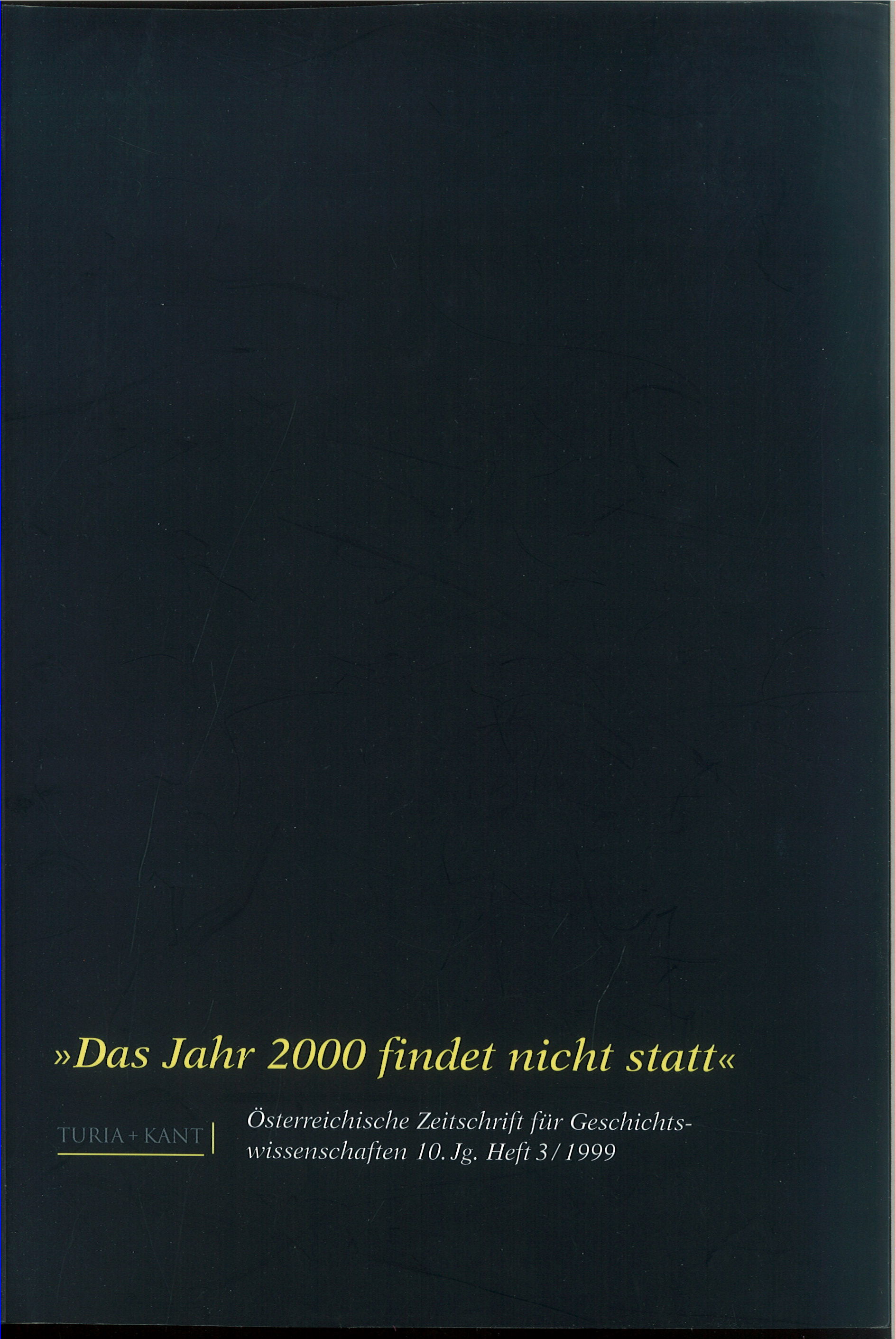Die brüchigen Zeit-Architekturen der Turing-Gesellschaften
DOI:
https://doi.org/10.25365/oezg-1999-10-3-4Abstract
The paper concentrates on three major issues, all closely related to the "embeddedness" of time in societies, past and present. The first major part of the article is devoted to the problems of time measurements and time-scales and follows the long trajectories from "sundials" to contemporary "atomic clocks" or from the divine creation of the earth just 4000 B.C. to the contemporary scale with its initial point at 4.5 billion years ago. The second part of the paper concentrates on the question of basic societal architectures in general and time architectures in particular. Above all, the concept of "Turing societies" as well as their comparatively new architectures will be laid out in greater detail. Finally, the paper concludes with ten basic propositions which highlight the unusual character of the year 2000-problem. In particular, these propositions point to the unusual type of societal co-ordination challenges, associated with the necessary y2k-adaptations, and conclude with a general theorem from network theory, pointing to the robust sides, but also to the profound and "central" weaknesses of densely coupled networks.


